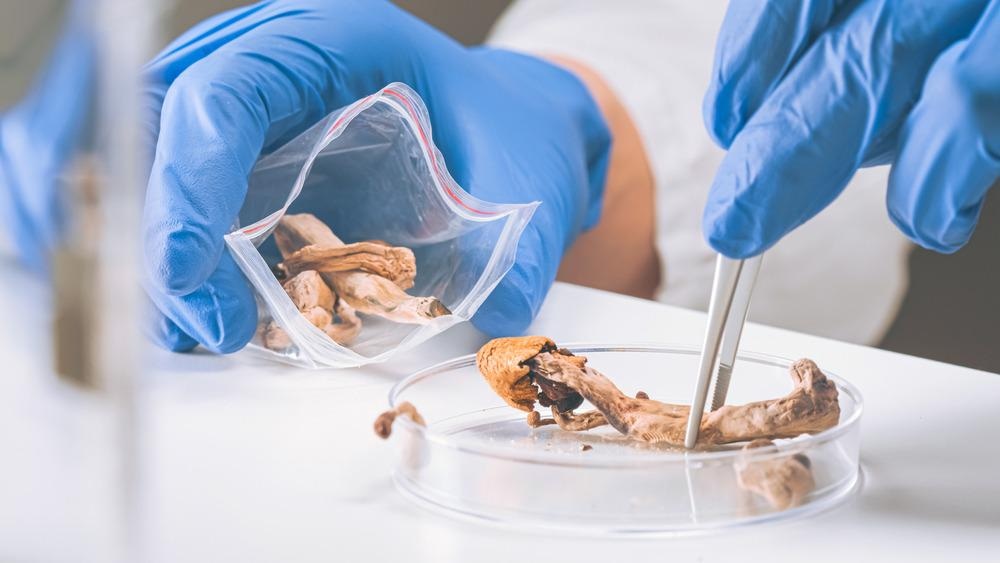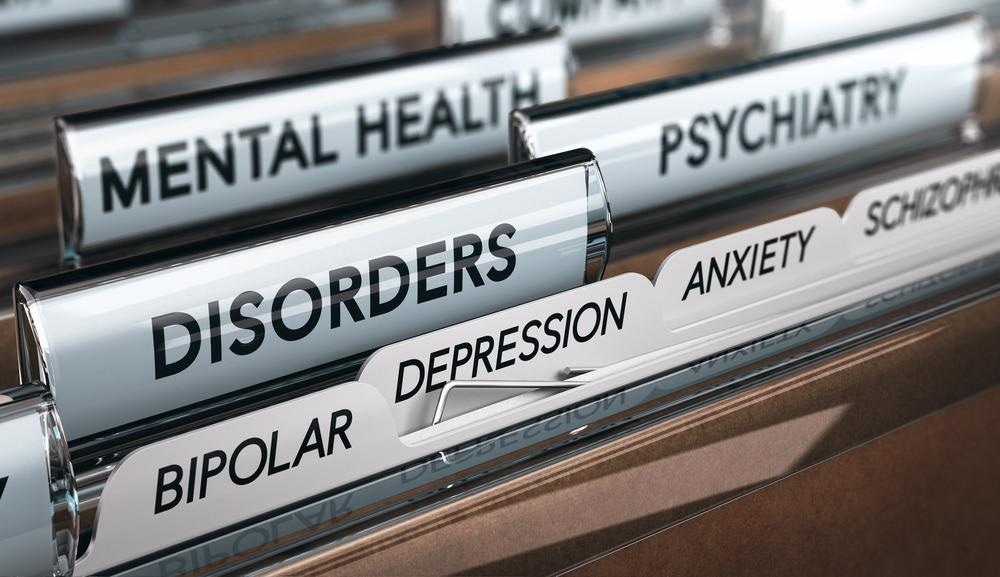Psychedelics are a group of hallucinogenic drugs that alter thought, perception, and feelings by causing sensations that seem real but are not. Psychedelics come in a range of varieties, some natural, like psilocybin, and some synthetic, such as LSD. Psychedelics also cause other psychological and physiological effects outside of the characteristic hallucinogenic symptoms.
Psychedelics cause these alterations primarily via serotonin 2A receptor binding. Using this knowledge, researchers have discovered that psychedelics have the potential to treat depression, alcohol addiction, and nicotine addiction.
Psychedelics are deemed physiologically safe, and their use is associated with little to no dependence liability addiction. Research shows that psychedelics cause minimal intellectual and memory impairments and do not cause depression or psychomotor stimulation.
The use of psychedelics is illegal worldwide however recreational use is common. As such, there is a taboo surrounding the use of psychedelics and despite their relative safeness, their medicinal use is controversial among researchers and clinicians. Outside of recreation, psychedelics have been used in traditional medicine and traditional religion for several years. Psychedelics are used in these ways to promote physical and mental health.

Image Credit: 24K-Production/Shutterstock.com
The Past: Traditional Medicine and the start of Mainstream Psychedelic Medicine
Outside of recreation, psychedelics have been used in traditional medicine for several years. Psychedelics are used in these ways to promote physical and mental health.
Native American traditional medical practices commonly use the psychedelic mescaline, found in different types of cacti, to treat alcoholism. The psychedelic psilocybin, found in several species of fungi, is also used in traditional healing practices.
In the pharmaceutical world, the psychedelic drug lysergic acid diethylamide (LSD) – a synthetic drug created from fungus – was first introduced for commercial medicinal use in 1947. Soon after, pharmaceutical companies in the United States suggested that LSD had potential use in psychiatry. Research into this boomed in the 1950s.
Through this research, influential psychologists and psychiatrists such as Sidney Cohen and Oscar Janiger were able to treat several patients with alcoholism and minor personality disorders, as well as aid psychotherapy.
The Present: The Transition into Mainstream Medicine
The results of several recent studies indicate that psychedelic treatments for mental health conditions are well-tolerated and do not give rise to any severe or persistent adverse effects. The adverse effects that do occur are mainly dizziness, mild increases in heart rate, and nausea.
A recent review article by Muttoni and colleagues found seven studies where patients with anxiety and depression experienced immediate anti-depressant and anxiolytic effects following psychedelic drug administration. These effects lasted several months following treatment and were not accompanied by any severe adverse effects.
Results like these are promising, however, there are very few studies on psychedelic medicine and the sample sizes in existing studies are also limited. As such it is difficult to make solid conclusions on the efficacy of psychedelic medicine in mental health conditions such as anxiety and depression.
In recent years, psychedelic use has become more mainstream through the practice of microdosing. Microdosing involves taking doses below the hallucinogenic threshold (i.e., microdoses).
Psychedelic microdosing is used to balance mood and treat anxiety, depression, and addiction and is disproportionally more common in young adults.
There is very little clinical research on microdosing, however, there are many studies that review the effects of microdosing on individuals who self-administer.
A recent study by Lea and colleagues examined people’s experiences with psychedelic microdosing for therapeutic purposes through an international online survey. From this survey, researchers found that microdosing improved mental health and helped reduce substance use.
Since clinical studies of standard psychedelic drug dosing show promising results for mental health treatment, researchers suggest that microdosing has the potential to be a self-managing therapy. Further social and clinical research is needed to support these claims.

Image Credit: Olivier Le Moal/Shutterstock.com
The Future: Psychedelic Medicine as an Alternative to Conventional Treatments
“Recent interest into the use of psychedelic-assisted therapy using ayahuasca, psilocybin or lysergic acid diethylamide (LSD) may be a promising alternative for patients unresponsive to traditional treatments.”
Muttoni et al., 2019
Current research is extremely promising and demonstrates the potential of psychedelics in reducing symptoms of anxiety and depression
“Innovative, pragmatic and exploratory research can play a vital role, helping safeguard the development of a particularly promising, yet vulnerable, approach to mental health care.”
Carhart-Harris et al., 2021
Read more about psychedelic microdosing here!
Conclusion
In a society where a small, but important population of patients are unresponsive to conventional treatments for mental health conditions such as addiction, anxiety, and depression; psychedelic medicine has the potential to be a useful alternative.
From traditional medical and religious practices to more mainstream trends of microdosing, psychedelic use has been, and will always be deeply rooted in society. More vigorous research and testing is needed to bring these underground and seemingly taboo drugs further into mainstream medicine to help those that need them most.
References:
- Carhart-Harris, R. L., Wagner, A. C., Agrawal, M., Kettner, H., Rosenbaum, J. F., Gazzaley, A., Nutt, D. J., & Erritzoe, D. (2021). Can pragmatic research, real-world data and digital technologies aid the development of psychedelic medicine? Journal of Psychopharmacology, 00(0), 026988112110085. https://doi.org/10.1177/02698811211008567
- Johnson, F. G. (1969). LSD in the Treatment of Alcoholism. American Journal of Psychiatry, 126(4), 481–487. https://doi.org/10.1176/ajp.126.4.481
- Lea, T., Amada, N., Jungaberle, H., Schecke, H., Scherbaum, N., & Klein, M. (2020). Perceived outcomes of psychedelic microdosing as self-managed therapies for mental and substance use disorders. Psychopharmacology, 237(5). https://doi.org/10.1007/s00213-020-05477-0
- Muttoni, S., Ardissino, M., & John, C. (2019). Classical psychedelics for the treatment of depression and anxiety: A systematic review. Journal of Affective Disorders, 258, 11–24. https://doi.org/10.1016/j.jad.2019.07.076
Further Reading
Last Updated: Apr 20, 2022